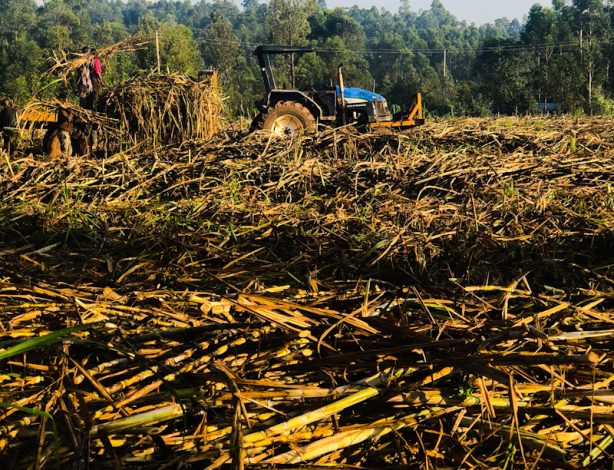President William Ruto’s cabinet has approved a programme to revive and commercialize six state-owned sugar companies.
The firms have been struggling with financial and operational challenges.
According to a Dispatch from Cabinet on Tuesday, the programme involves leasing the sugar companies to improve their productivity and profitability.
The six sugar companies are Nzoia, Chemelil, Miwani, Muhoroni, South Nyanza, and Mumias. Miwani, Muhoroni, and Mumias are currently under receivership.
The Cabinet’s decision reverses the earlier plan to privatize the state-owned sugar companies, which faced opposition from farmers and politicians who feared job losses and asset stripping.
“If the proposal by Cabinet receives Parliamentary approval, the State-owned entities would be operated under a lease and operate framework,” reads part of the dispatch.
The Cabinet also approved the extension of the duty-free importation of milled sugar to address the high retail price of sugar in the country.
Kenya is facing an acute cane shortage due to poor weather conditions and low cane production.
Globally, the supply of sugar has been limited following two years of a La Niña climate pattern in some of the main sugar-producing economies.
“While Brazil is having a good crop year, wet weather conditions have hampered cane harvesting. Resultantly, Brazilian mills have lost several days of operations because of rains,” says NCBA Market Research Analysts in their July Monthly Economic Report.
“The surprise to the global sugar market remains potential drawdown of state reserves by China to relieve the price pressure – which is unlikely.”
In July, Sugar Price Index averaged 146.3 points in July, down 5.9 points (3.9 per cent) from June, marking the second consecutive monthly decline, but remaining 33.4 points (29.6 per cent) above its level in the same month 2022, according to FAO Food Price Index (FFPI) for July 2023.
“Additional downward pressure on prices was exerted by sluggish import demand from Indonesia and China, the world’s largest sugar importers,” said FAO
“However, persistent concerns over the potential impact of the El Niño phenomenon on the 2023/24 sugarcane crops, particularly in Thailand, along with higher international crude oil prices, reined in the declines in world sugar prices.”




